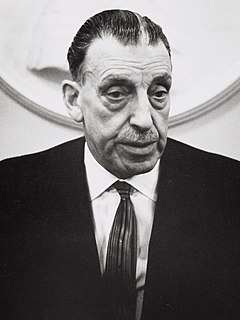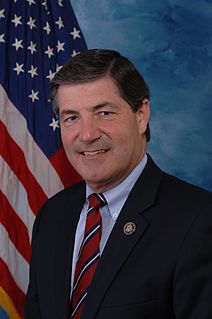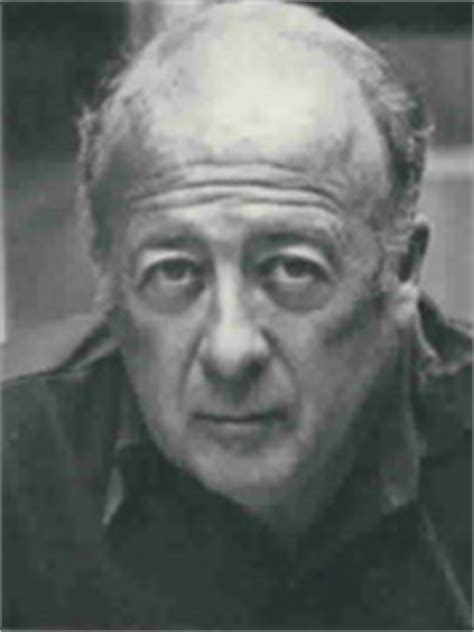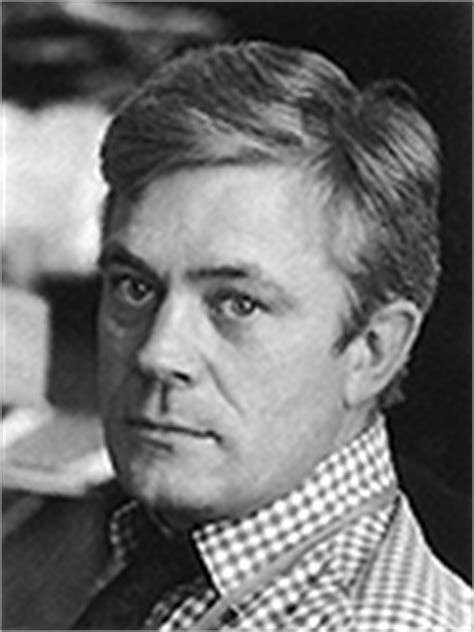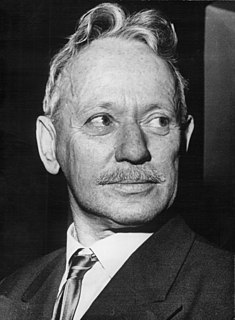A Quote by Sean Lemass
In later years, it was common, and I was guilty in this respect, to question the motives of those who joined the new British armies at the outbreak of the Great War, but it must, in their honour and fairness to their memories, be said that they were motivated by the highest purpose, and died in their tens of thousands in Flanders and Gallipoli, believing that they were giving their lives in the cause of human liberty everywhere, including Ireland.
Quote Topics
Armies
Believing
British
Cause
Common
Died
Everywhere
Fairness
Flanders
Gallipoli
Giving
Great
Great War
Guilty
Highest
Honour
Human
Including
Ireland
Joined
Later
Liberty
Lives
Memories
Motivated
Motives
Must
New
Outbreak
Purpose
Question
Respect
Said
Tens
Tens Of Thousands
Those
Thousands
War
Were
Years
Related Quotes
All these mountains of Irish dead, all these corpses mangled beyond recognition, all these arms, legs, eyes, ears, fingers, toes, hands, all these shivering putrefying bodies and portions of bodies once warm living and tender parts of Irish men and youths - all these horrors in Flanders or the Gallipoli Peninsula, are all items in the price Ireland pays for being part of the British Empire.
I'm sort of optimistic about what we could do, but I'm very pessimistic about what we will do. I can't tell you that Al Gore's 10-year plan is impossible. I'm old enough to remember the Second World War - if we had a World War II-type mobilization, we might accomplish Gore's plan. In 1940 we were making tens of thousands of automobiles, and in 1941 we were making tens of thousands of airplanes. We mobilized as a nation. If we get that kind of mobilization as a nation or globally, then we could solve a lot of these problems.
Marx.... Lenin.... Mao Tse-Tung.... These men were animated by the love of brother and this we must believe though their ends meant the seizure of power, and the building of mighty armies, the compulsion of concentration camps, the forced labor and torture and killing of tens of thousands, even millions.
Your war memories will be with you forever, you'll be asked about them thousands of times after the war is over. People will get their respect for you from that-partly from that, don't get me wrong-but if you can say that you were up front where there was some real shooting going on, then that will mean a whole lot to you in years to come.
The near side of a galaxy is tens of thousands of light-years closer to us than the far side; thus we see the front as it was tens of thousands of years before the back. But typical events in galactic dynamics occupy tens of millions of years, so the error in thinking of an image of a galaxy as frozen in one moment of time is small.
While ants exist in just the right numbers for the rest of the living world, humans have become too numerous. If we were to vanish today, the land environment would return to the fertile balance that existed before the human population explosion. Only a dozen or so species, among which are the crab louse and a mite that lives in the oil glands of our foreheads, depend on us entirely. But if ants were to disappear, tens of thousands of other plants and animal species would perish also, simplifying and weakening land ecosystems almost everywhere.
At the same time as we were seizing the lands that we turned into Iraq, we were devising an interesting future for our new protectorate in Palestine, and simultaneously trying to pacify Ireland, where we hit upon the solution of partition in 1921, thereby securing a peaceful resolution to the conflict only 86 years later.
It was Harry Patch, who was the last living World War I veteran; and by veteran I mean someone who actually fought in the war, he didn't just happen to be in the army at that time, in the Great War. And when the Iraq War started, he was interviewed, and they said, well what do you think of this? And he said, in a very sad voice, "Well, that's why my mates died. We thought we were going to end all that sort of thing."
The things that I have said when I was young and curious about whatever the subject matter was, I respect those - those are growing pains. Even if you make mistakes, I go back to those things, my not-so-great moments because those are my truest moments; those are my human moments. I'm not even mad at the things I said that were a little dicey.
